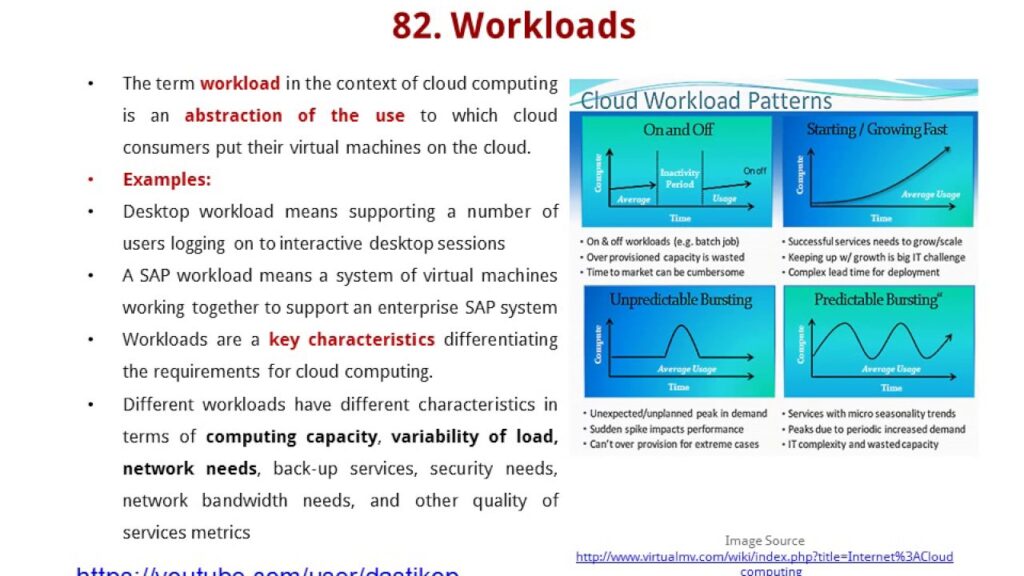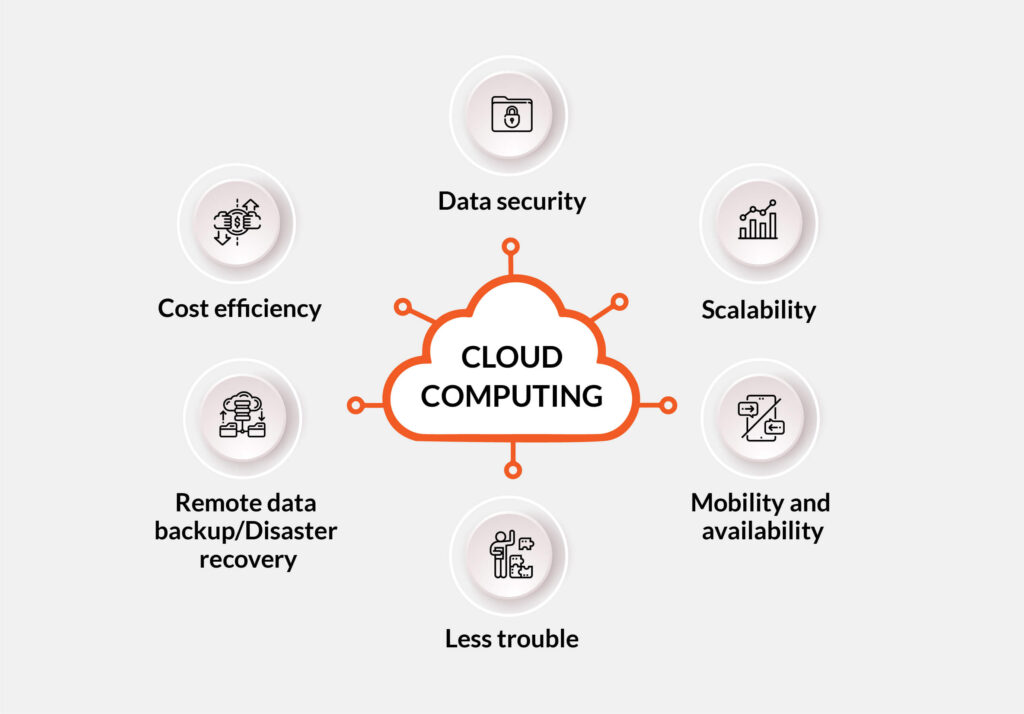China has initiated a security review of Intel processors through its cybersecurity watchdog, marking the latest development in the ongoing technology confrontation between Beijing and Washington. The Cyber Security Association of China (CSAC) made the announcement on October 16 that they would be examining Intel CPUs sold in mainland China, citing concerns about “frequent vulnerabilities and high failure rates.”
In response, Intel’s China division quickly reaffirmed its commitment to complying with the country’s laws and regulations while emphasizing their dedication to product safety and quality.
The implications of this security review are significant for Intel, as they derived a substantial portion of their revenue from China in 2023. This heightened market exposure comes at a challenging time for the company, which has faced declining earnings and workforce reductions. Additionally, US export controls have already restricted Intel from selling its most advanced products to Chinese clients.
The timing and nature of this security review follow a pattern established in China’s past actions against US tech companies. In 2023, China took similar actions against Micron Technology, resulting in major market disruption. After a cybersecurity investigation raised concerns about network security issues, Chinese authorities banned companies in critical infrastructure sectors from purchasing Micron products, leading to significant financial impacts.
Beyond security concerns, the CSAC also criticized Intel’s involvement in the Biden administration’s CHIPS and Science Act, alleging unfair discrimination against China’s semiconductor industry. They also took issue with Intel’s supplier policies that prohibit the use of products and labor from China’s Xinjiang region, a requirement aligned with US law but contested by Chinese authorities.
As Chinese domestic CPU manufacturers like Loongson, Zhaoxin, and Hygon make significant advancements, capturing over 50% of the market share in state-owned agencies and public procurement markets, China is moving towards reducing its reliance on non-domestic processors.
This transition towards self-sufficiency, coupled with regulatory pressure on foreign firms, suggests a coordinated strategy by China to respond to US technology restrictions while promoting domestic alternatives. The developments could accelerate trends such as China’s push for technological self-reliance, the restructuring of global supply chains, and the increasing division of the global technology ecosystem into US and Chinese spheres of influence.
For Intel and other US technology companies, navigating compliance with US export controls while maintaining access to the crucial Chinese market remains a delicate balance. As tensions persist, the technology sector is poised to continue leading the way in US-China strategic competition.
Explore more about cybersecurity and the cloud at the Cyber Security & Cloud Expo in Amsterdam, California, and London. Discover other upcoming enterprise technology events and webinars powered by TechForge here.



